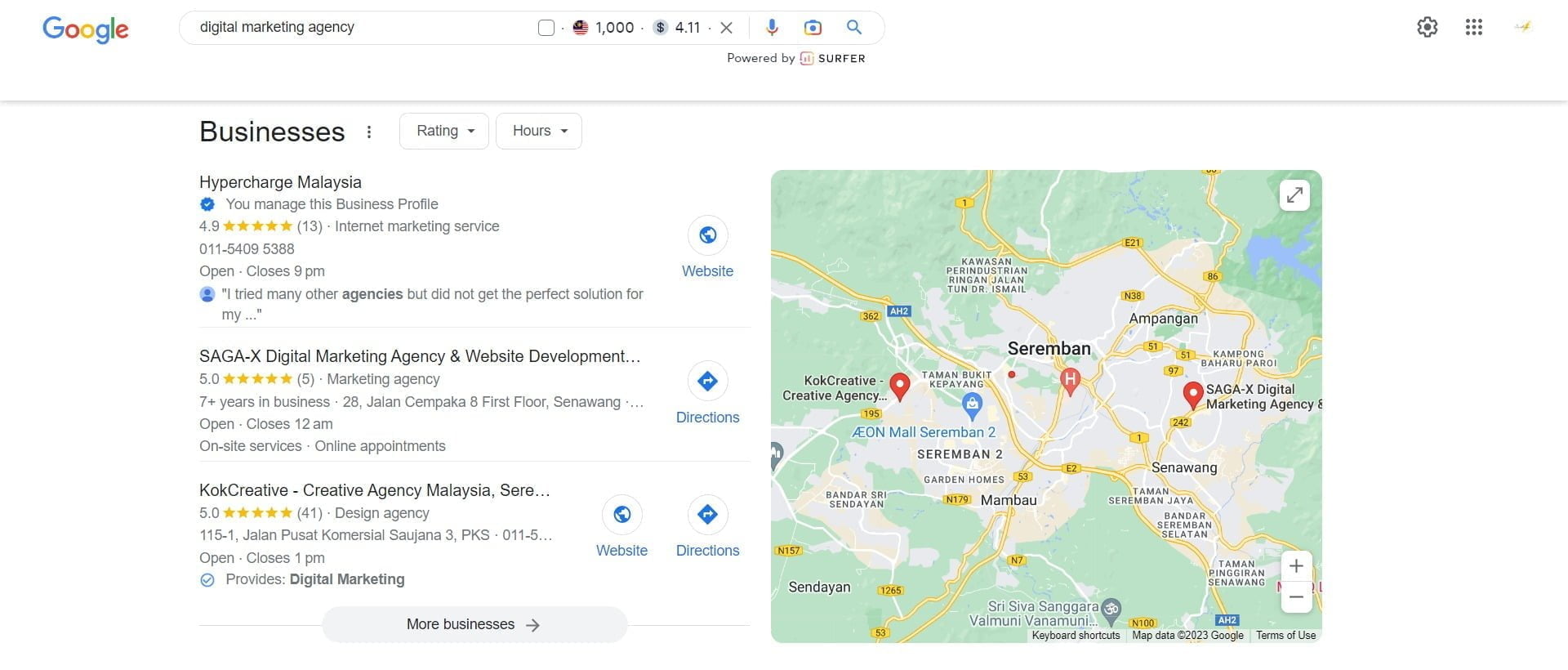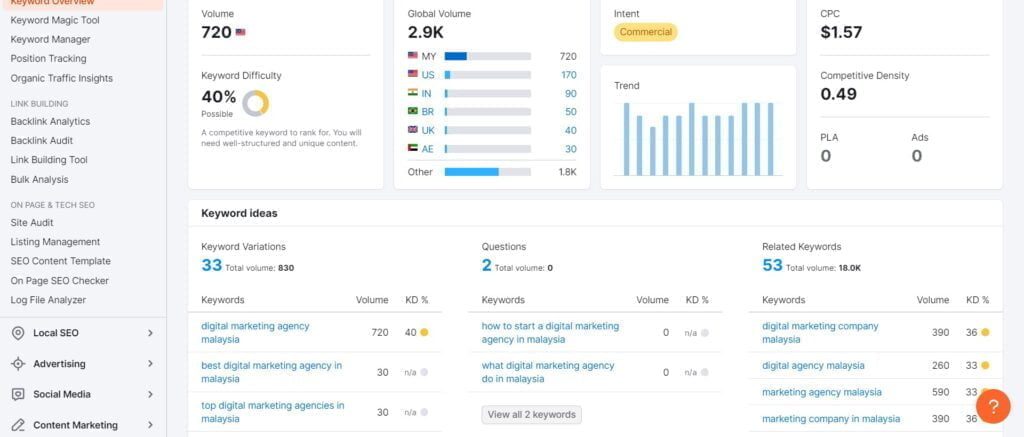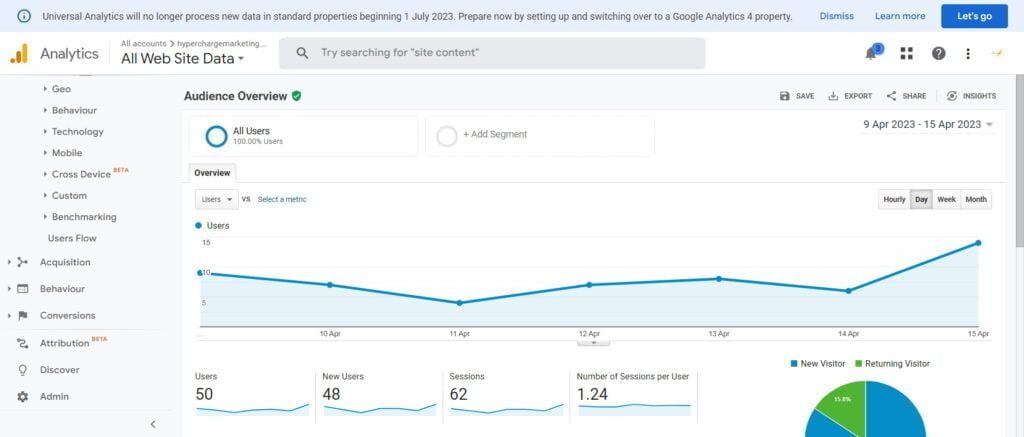- About
- Service
- We Work With
- Healthcare Specialists
- Law Firms
- Service Businesses
- Car Business
- Home Improvement Business
- Plumbing Companies
- Electrical Services
- Roofing Companies
- Handyman Contractor
- Fridge Repair
- Alarm and CCTV
- Audio Visual Specialist
- Autogate Businesses
- Solar Panel Companies
- Interior Designers
- Awning contractor
- Water Heater Install and Repair
- Furniture Installer
- Structural Engineer
- Security Window/Door Installer
- TV Repair
- Mosquito Net Suppliers
- Lighting Installer
- Home Inspection
- Washing Machine Cleaning
- Grass Cutter
- Domestic Mover
- Ceiling Fan
- TV Mounting
- Oven Repair
- Locksmith
- Gardener
- Kitchen Hob
- Electric Fence
- Event and Wedding Planner
- Bands and Singers
- Balloon Artist
- Event Space
- Party Planner
- Hair Stylist
- Makeup Artist
- Event Photographer
- Wedding Photographers
- Wedding Halls
- Photo Booth
- Magician Service
- Invitation Card Printing
- Invitation Card Designer
- Event Equipment Supplier
- Event Catering
- Emcee
- Deejay Service
- Custom Suit Designer
- Custom Shoes Designer
- Clown Services
- Wedding Gifts
- Wedding Car Rental
- Private Chef
- Beauty and Wellness
- Pricing
- Case Study
- Blog
- Contact
10 Local SEO Strategies Every Small Business Must Know
- Home
- Blog
- 10 Local SEO Strategies Every Small Business Must Know

- Justin Tai
- 28 April 2023
Table of Contents
ToggleAs a Malaysian small business owner, boosting your online presence is more important than ever. In this blog post, we’ll share 10 essential local SEO strategies to help you rank higher in search results and reach more customers. With these tips from Hypercharge, your favourite digital marketing agency, you’ll be able to make your business stand out in the crowded Malaysian market.
The Importance of Local SEO for Malaysian Small Businesses
In today’s digital age, having a strong online presence is vital for businesses worldwide. For Malaysian small businesses, local SEO plays a crucial role in their success. Let’s delve deeper into the reasons why local SEO matters for Malaysian businesses.
Reach More Customers Near You
Local SEO targets customers in your immediate vicinity, making it easier for potential clients to find your business online. When your business appears in local search results, it increases the chances of attracting people searching for products or services like yours in the area.
Stand Out in Local Search Results
With numerous small businesses vying for attention in Malaysia, local SEO helps you stand out from the competition. By optimizing your website and online presence for local searches, you increase the likelihood of appearing in the top search results, making it easier for potential customers to choose your business over others.
Drive More Foot Traffic to Your Physical Location
Local SEO not only improves your online visibility but also drives foot traffic to your physical location. By appearing in local search results, your business becomes more accessible to nearby customers who may prefer visiting your store or office in person. This can lead to increased sales and a stronger local customer base.
Increase Online Visibility
In today’s digital-driven world, having a robust online presence is essential for business growth. Local SEO helps improve your online visibility by ensuring that your website and online profiles are optimized for search engines. This increases the likelihood of potential customers finding you online, which can lead to more inquiries and sales.
Boost Brand Recognition and Reputation
Effective local SEO can help establish your brand as a trusted and reliable choice in your area. By appearing in local search results and maintaining a strong online presence, you can build brand recognition and create a positive reputation within your community. This can lead to customer loyalty, repeat business, and valuable word-of-mouth referrals.
- In summary, local SEO is an indispensable tool for Malaysian small businesses looking to grow and succeed in the competitive market. By implementing the 10 local SEO strategies discussed in this article, you can enhance your online presence, attract more customers, and ultimately give your business the edge it needs.
1. Optimize Your Google Business Profile (GBP)
Google Business Profile is a free tool that allows businesses to manage their online presence across Google, including Search and Maps. By claiming and optimizing your GBP, you can improve your chances of appearing in local search results and increase your online visibility. Here’s how to optimize your GBP:
- Verify your business: Complete the verification process to ensure your business information is accurate and up-to-date.
- Fill in all relevant details: Provide accurate and consistent information, such as your business name, address, phone number, website, and business hours.
- Add high-quality photos: Showcase your products, services, and location with professional images to make your profile more appealing.
- Encourage customer reviews: Ask your customers to leave reviews on your GMB profile, and respond to their feedback professionally and promptly.
- Utilize the post feature: Regularly create posts to promote events, offers, or announcements to keep your audience engaged and informed.
- Optimizing your Google Business Profile involves verifying your business, providing accurate information, adding high-quality photos, encouraging customer reviews, and utilizing the post feature.
2. Prioritize Local Keywords

To improve your local search rankings, it’s essential to prioritize local keywords in your content. Start by conducting keyword research using tools like Google Keyword Planner or Ahrefs to identify keywords relevant to your location and business. Look for keywords with high search volume and low competition.
Once you have a list of local keywords, incorporate them into your website content, including titles, meta descriptions, headers, and body text. Be mindful not to overuse keywords, as this may lead to keyword stuffing, which can negatively affect your SEO.
Additionally, consider using long-tail keywords that are more specific and less competitive. For example, instead of using “dental clinic Kuala Lumpur,” you could use “affordable dental clinic in Kuala Lumpur city centre.” Long-tail keywords tend to have lower search volume but can attract more targeted and higher-converting traffic.
- Prioritizing local keywords helps improve local search rankings, attract targeted traffic, and increase online visibility for small businesses in Malaysia.
3. Create Location-Specific Pages
For businesses with multiple locations, creating separate pages for each location on your website is crucial for local SEO. These location-specific pages allow you to target local keywords and provide relevant information to customers searching in a specific area.
When creating location-specific pages, make sure to:
- Include location-specific keywords in your titles, meta descriptions, and headers
- Add local addresses, phone numbers, and business hours
- Highlight any unique offerings or services specific to that location
- Share testimonials or reviews from customers at that particular branch
- Embed a Google Map to make it easy for customers to find you
By having dedicated pages for each location, you’ll be able to provide a more personalized and targeted experience for your local customers, ultimately improving your local search rankings and driving more foot traffic to your physical locations.
- Creating location-specific pages for your multi-location business helps target local keywords, provide relevant information, and improve local search rankings, resulting in increased foot traffic.
4. Add Schema Markup
Schema markup is a type of structured data that helps search engines understand your website content better. It provides search engines with additional information about your business, such as its address, phone number, and operating hours. Implementing schema markup can result in rich snippets, which are enhanced search results that include extra information and visual elements.
To add schema markup to your website, use the JSON-LD format recommended by Google. You can find various types of schema markup for local businesses at Schema.org. After selecting the appropriate schema markup, customize it with your business information, and add it to your website’s HTML code.
Once implemented, you can test your schema markup using Google’s Structured Data Testing Tool to ensure there are no errors. Regularly updating and maintaining your schema markup can help you stay ahead of the competition and make your business more visible in local search results.
- Schema markup provides search engines with extra information about your business, leading to enhanced search results and improved local SEO performance.
5. Focus on Mobile Optimization
In today’s digital age, mobile optimization is a crucial aspect of local SEO. As more Malaysians rely on their smartphones for online searches, having a mobile-friendly website ensures that potential customers can easily access and interact with your site.
To optimize your website for mobile, consider the following tips:
- Use a responsive design that automatically adjusts to fit various screen sizes
- Compress images and files to improve loading times
- Implement a user-friendly navigation menu that works well on touchscreens
- Avoid using Flash or other outdated technologies that may not work on mobile devices
- Test your website’s mobile performance using tools like Google’s Mobile-Friendly Test and PageSpeed Insights
By prioritizing mobile optimization, you can provide a seamless browsing experience for users, leading to higher engagement and conversion rates.
- Prioritize mobile optimization for a seamless user experience, leading to increased engagement and higher conversion rates.
6. Build High-Quality Backlinks

Backlinks from reputable local websites can help improve your local search rankings. To build high-quality backlinks, follow these steps:
- Identify potential backlink sources: Look for local directories, community websites, blogs, and industry-related sites that allow businesses to list their information or contribute content.
- Assess the site’s authority: Use tools like Moz’s Domain Authority Checker or Ahrefs’ Domain Rating to determine the credibility and relevance of the website.
- Reach out for collaboration: Contact the website owners or editors, expressing your interest in collaborating or providing valuable content that their audience will appreciate.
- Offer guest posts or articles: Write informative and engaging content for these websites, showcasing your expertise and including a link back to your website.
- Network with local businesses: Establish relationships with other businesses in your area, and consider collaborating on projects or events that could result in mutual backlink opportunities.
- Leverage local news and events: Stay involved in local happenings and share news or updates that could be covered by local media outlets, potentially generating backlinks to your website.
- Maintain backlink quality: Regularly monitor your backlinks and remove any low-quality or spammy links that may harm your search ranking.
- Building high-quality backlinks involves identifying credible local websites, collaborating on content, networking with local businesses, and leveraging local news to improve local search rankings.
7. Utilise Social Media for Local Engagement
Harness the power of social media to create strong connections with your local community. By actively engaging with your audience on platforms like Facebook, Instagram, and Twitter, you can increase your online presence and boost your local SEO efforts. Here are some tips to make the most of your social media channels:
- Share locally-focused content, such as news, events, and promotions related to your business and community.
- Use geotags and location-specific hashtags to increase the visibility of your posts in local searches.
- Engage with local influencers and collaborate on content or promotions to expand your reach.
- Encourage user-generated content by asking your customers to share their experiences with your business using a branded hashtag.
- Respond to comments and messages promptly to foster strong relationships with your audience and demonstrate excellent customer service.
By consistently implementing these social media strategies, you can effectively reach your local audience, drive more traffic to your website, and improve your local search rankings.
- Utilise social media to engage with your local community, share relevant content, collaborate with influencers, and encourage user-generated content for better local SEO results.
8. Encourage Customer Reviews and Manage Your Online Reputation
Positive customer reviews are crucial for local SEO, as they can influence potential customers’ decisions and improve your search rankings. Here are some strategies to encourage more customer reviews:
- Ask for reviews in person after a successful transaction or service
- Send follow-up emails or SMS messages requesting reviews
- Add review request cards or signs in your physical location
- Offer incentives, such as discounts or small gifts, for leaving a review (be sure to follow each platform’s guidelines)
It’s also important to manage your online reputation by responding to customer reviews, both positive and negative. Thank customers for their positive feedback and address any concerns in a professional manner. This not only demonstrates your commitment to customer satisfaction but also helps build trust with potential customers.
- Encourage customer reviews by asking in person, sending follow-ups, and offering incentives. Manage your online reputation by responding professionally to both positive and negative reviews.
9. Publish Local Content
Creating and publishing local content is an excellent way to establish your brand as an authority in your industry and community. By focusing on topics that resonate with your local audience, you can attract more traffic and improve your local search rankings. Here are a few ideas for creating local content:
- Write blog posts about local events, festivals, or attractions
- Share news and updates about your community or industry
- Create how-to guides or informative articles that cater to the needs of your local audience
- Collaborate with other local businesses or influencers to create content that highlights the unique aspects of your community
- Showcase customer success stories or case studies that highlight your impact on the local market
When creating local content, remember to optimize it with relevant local keywords and promote it on your social media channels. This will increase its visibility and help you reach a wider audience in your area.
- Focus on creating content that appeals to your local audience, such as blog posts about community events, informative guides, and collaborations with local businesses or influencers. This can help improve your local search rankings and establish your brand as a community authority.
10. Monitor Your Local SEO Performance and Adjust Your Strategies

Regularly track and analyze your local SEO performance using tools like Google Analytics and Google Search Console. By monitoring your website’s traffic, user behaviour, and search rankings, you can identify areas that need improvement and make data-driven decisions to optimize your strategies.
Additionally, keep an eye on your competitors and stay updated with industry trends to ensure your local SEO efforts remain effective. Regular adjustments to your strategies can help you maintain and improve your search rankings over time, ultimately leading to long-term success for your business.
- To maintain and improve your local SEO success, consistently monitor your performance, make data-driven adjustments, and stay updated with industry trends.
FAQ
Use keyword research tools like Google Keyword Planner or Ahrefs to find local keywords with high search volume and low competition.
Local SEO is an ongoing process, and results may vary depending on factors like competition and the strategies you implement. Generally, it can take anywhere from a few weeks to several months to see noticeable improvements.
Stay informed by following reputable digital marketing blogs, attending industry conferences, and partnering with a reliable digital marketing agency like Hypercharge.


